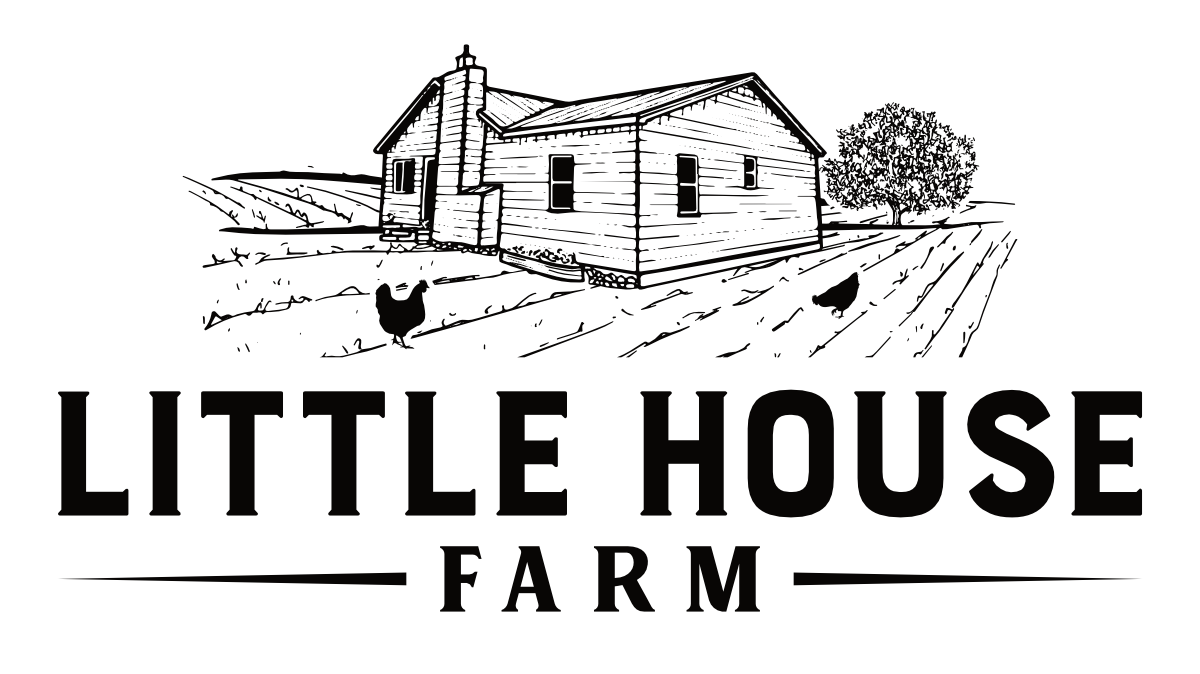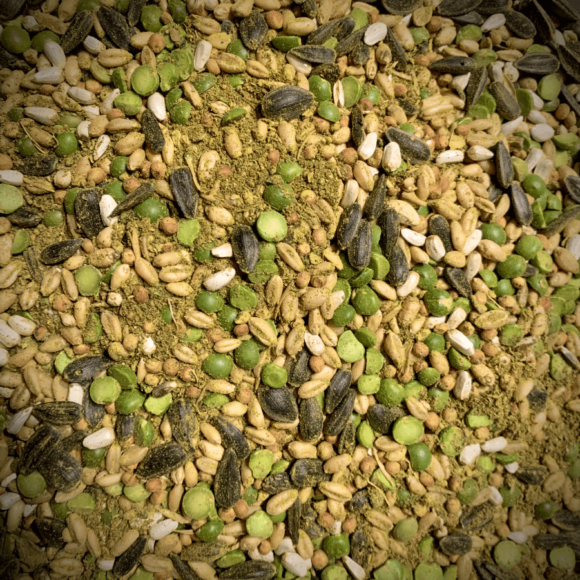In the quest for healthier, more sustainable, and ethically produced eggs, the diet of egg-laying hens has come under increasing scrutiny. Traditional poultry feeds often rely heavily on corn and soy as primary ingredients. However, there is a growing movement toward limiting or completely removing these components from hens’ diets. In this blog post, we’ll explore the benefits of a corn and soy-free diet for egg-laying hens and why it might be a superior choice for both farmers and consumers.
Why Limit Corn and Soy in Poultry Feed?
1. Non-GMO and Organic Preferences
- Genetic Modification Concerns: A significant portion of corn and soy crops are genetically modified. For consumers seeking non-GMO or organic products, eggs from hens fed non-GMO diets are highly desirable.
- Chemical Residues: Conventional corn and soy are often treated with pesticides and herbicides. Limiting these ingredients can reduce the risk of chemical residues in eggs.
2. Allergies and Sensitivities
- Food Allergens: Soy is a known allergen for some people. While proteins from feed ingredients are not typically found in eggs, some consumers prefer eggs from hens not fed soy as an extra precaution.
- Digestive Health: Soy contains anti-nutritional factors like trypsin inhibitors and lectins, which can affect the digestive health of hens.
3. Nutrient Diversity
- Balanced Nutrition: By replacing corn and soy with a variety of other grains and legumes, hens receive a more diverse array of nutrients.
- Enhanced Omega Fatty Acids: Alternative ingredients like flaxseed, sunflower seeds, and peas can increase the levels of beneficial omega-3 fatty acids in eggs.
4. Environmental Sustainability
- Reduced Deforestation: Soy cultivation has been linked to deforestation in certain parts of the world. Using alternative feed ingredients can lessen the environmental impact.
- Local Sourcing: Corn and soy are often sourced from large-scale industrial farms. Switching to locally grown alternatives supports local agriculture and reduces the carbon footprint associated with feed transportation.
5. Improved Egg Quality and Taste
- Flavor Profile: Many farmers and consumers report that eggs from hens fed a corn and soy-free diet have a richer flavor and more vibrant yolk color.
- Shell Quality: A diverse diet can improve shell strength due to increased mineral intake, reducing egg breakage.
Alternative Feed Ingredients
To replace corn and soy, a variety of other nutritious ingredients can be incorporated into poultry feed:
- Grains: Wheat, barley, oats, and millet provide energy and fiber.
- Legumes: Peas, lentils, and fava beans are excellent protein sources.
- Oilseeds: Sunflower seeds, canola meal, and flaxseed contribute healthy fats and proteins.
- Animal Proteins: Fish meal or insect meal can supply essential amino acids.
- Byproducts: Brewer’s yeast, potato protein, and rice bran offer additional nutrients.
Dr. Hot Chick’s Health Grains (25 LBS)
Give your hens the extra boost they deserve with Dr. Hot Chick’s Health Grains—a ready to feed, all-natural, herb-infused poultry supplement formulated for laying hens. Crafted without chemicals or synthetic additives, this premium blend of wholesome grains and beneficial herbs is the perfect once-per-week treat to help keep your flock at the peak of health and productivity. Ideal for homesteaders and small flock owners who demand an all-natural approach to their birds’ wellbeing, Dr. Hot Chick’s Health Grains is here to nurture better egg quality, vibrant yolks, and overall hen happiness. … Continue readingDr. Hot Chick’s Health Grains (25 LBS)
Out of stock
Benefits for Farmers
1. Market Differentiation
Offering corn and soy-free eggs allows farmers to differentiate their products in a crowded market. This niche appeals to health-conscious consumers willing to pay a premium for specialty eggs.
2. Enhanced Animal Welfare
A varied diet can lead to healthier hens with better feathering and vitality. Improved health reduces veterinary costs and increases the longevity of the flock.
3. Risk Management
Diversifying feed ingredients can protect farmers from price volatility associated with corn and soy markets. Utilizing locally available ingredients may reduce feed costs and dependence on global supply chains.
Benefits for Consumers
1. Healthier Eggs
Eggs from hens fed a diverse, corn and soy-free diet may contain higher levels of certain nutrients, such as omega-3 fatty acids and vitamins.
2. Ethical and Environmental Assurance
Consumers can feel confident that their purchase supports sustainable farming practices and reduced environmental impact.
3. Allergen Reduction
For those with soy sensitivities or concerns about GMOs and pesticides, choosing corn and soy-free eggs offers peace of mind.
Addressing Nutritional Challenges
While there are clear benefits, formulating a balanced corn and soy-free diet requires careful planning to meet the hens’ nutritional needs:
- Protein Balance: Soy is a high-quality protein source with a favorable amino acid profile. Replacing it requires combining various ingredients to provide all essential amino acids.
- Energy Levels: Corn is energy-dense. Alternative grains may have lower energy content, so adjustments are necessary to meet caloric requirements.
- Cost Considerations: Alternative ingredients may be more expensive or less readily available. However, the potential for premium pricing on specialty eggs can offset these costs.
Working with a poultry nutritionist can help farmers develop an effective corn and soy-free feed that maintains hen health and productivity.
Conclusion
Limiting or eliminating corn and soy from the diets of egg-laying hens offers numerous benefits for farmers, consumers, and the environment. By choosing eggs from hens raised on a diverse, corn and soy-free diet, consumers support sustainable agriculture, animal welfare, and potentially enjoy a more nutritious and flavorful product. For farmers, this approach opens up new market opportunities and contributes to a more resilient and ethical farming system.
Join us in promoting healthier hens and sustainable farming practices by choosing corn and soy-free eggs. Together, we can make a difference one egg at a time.

